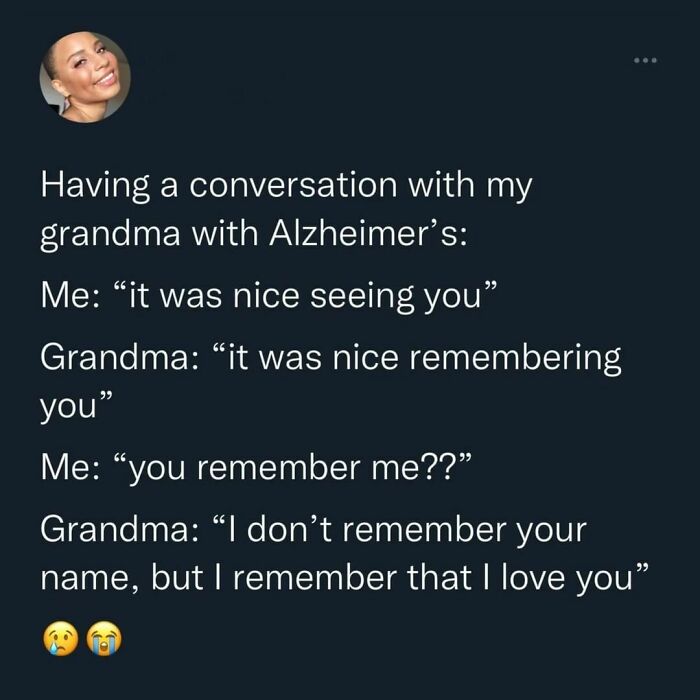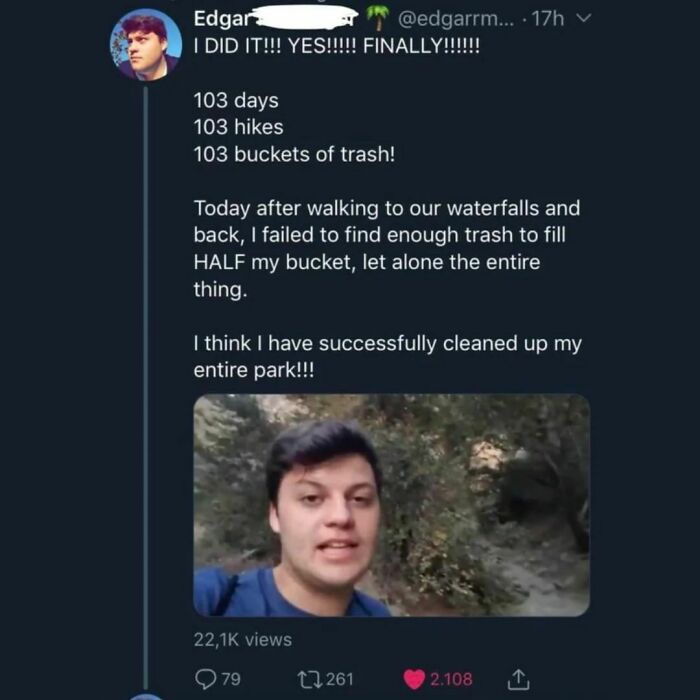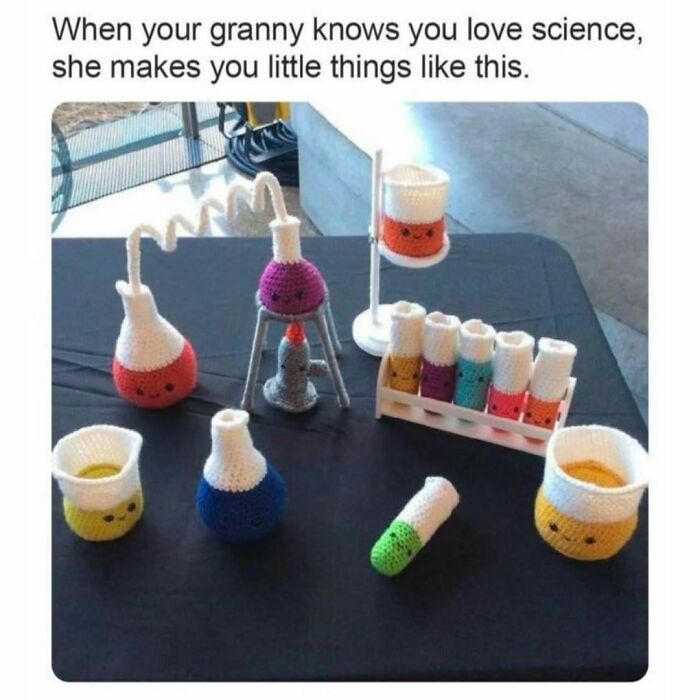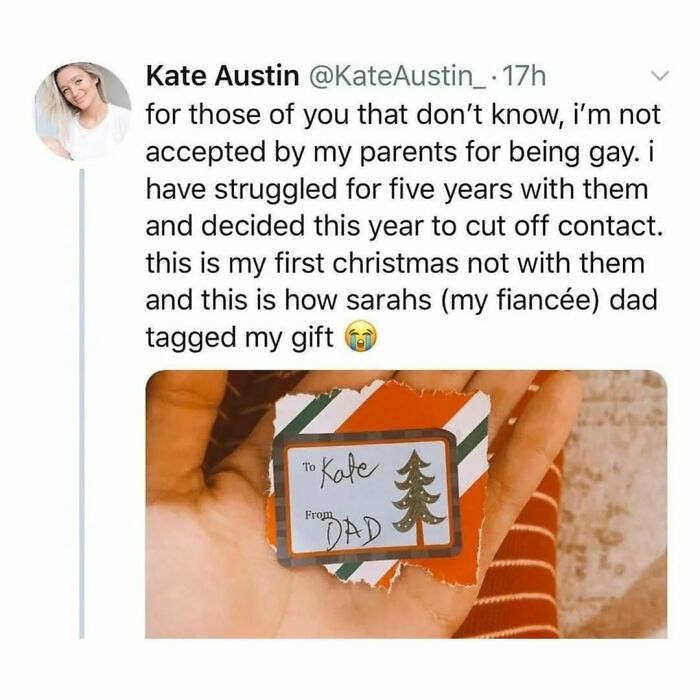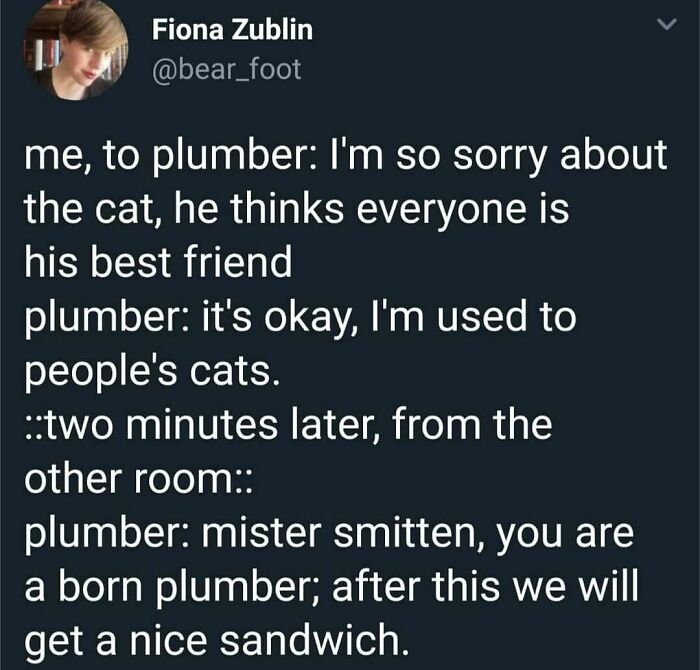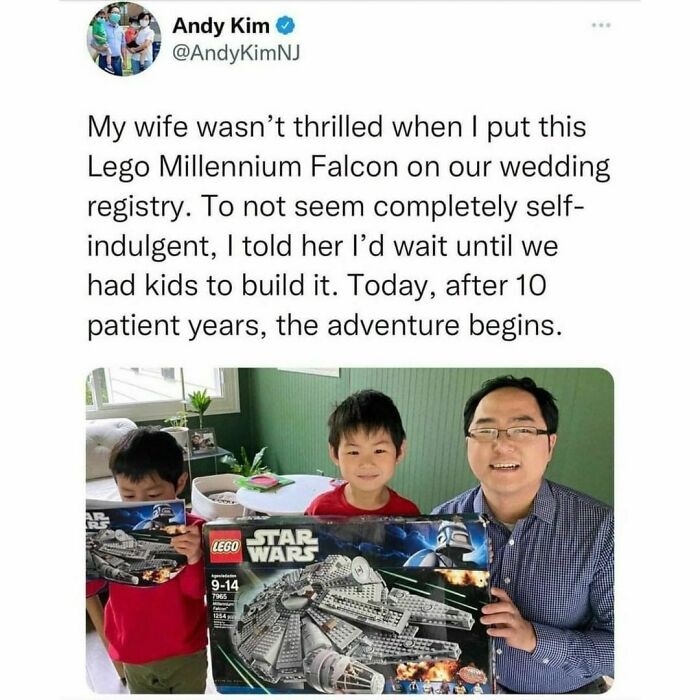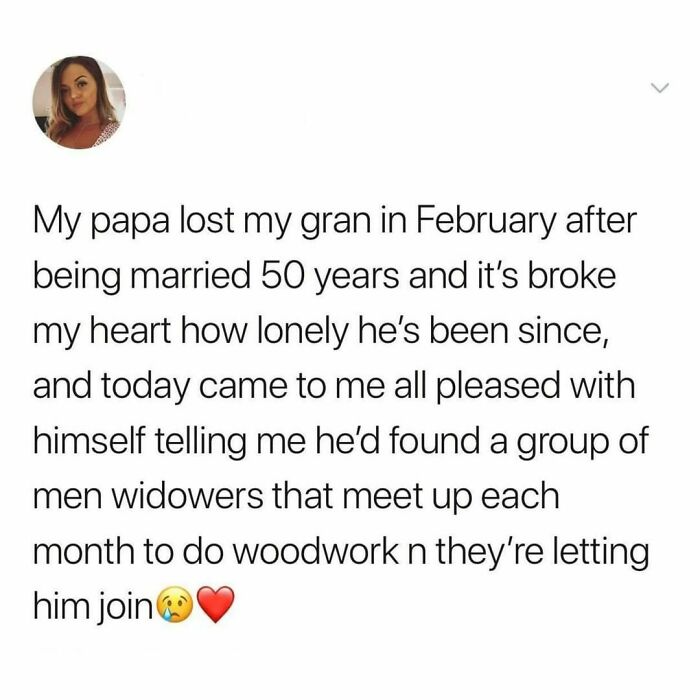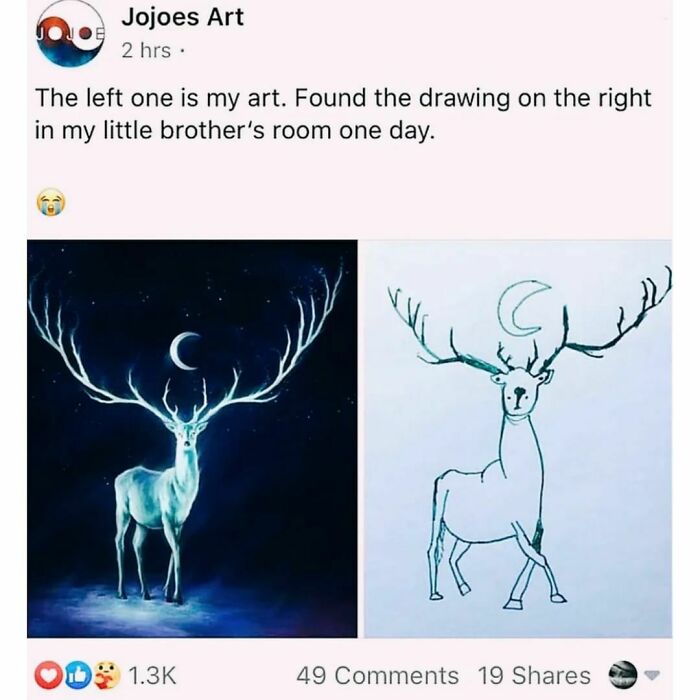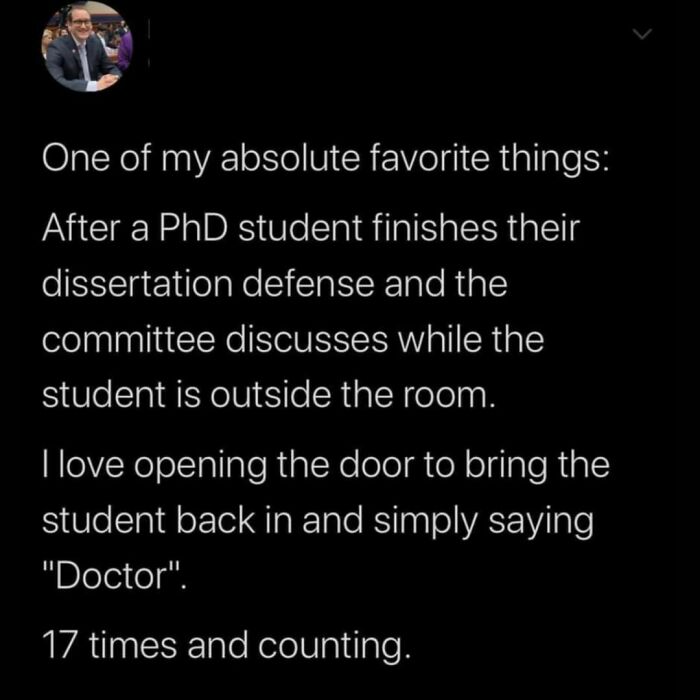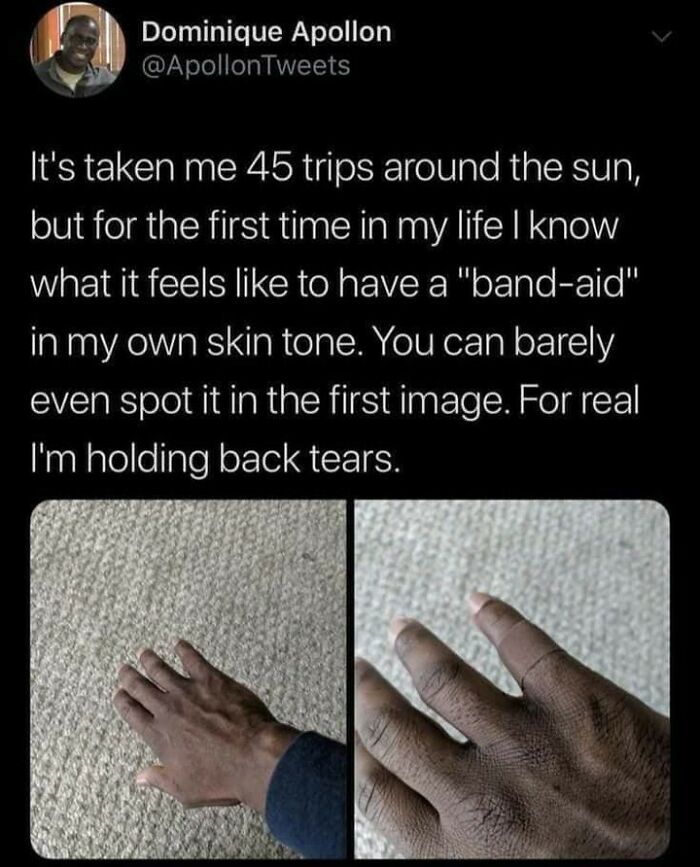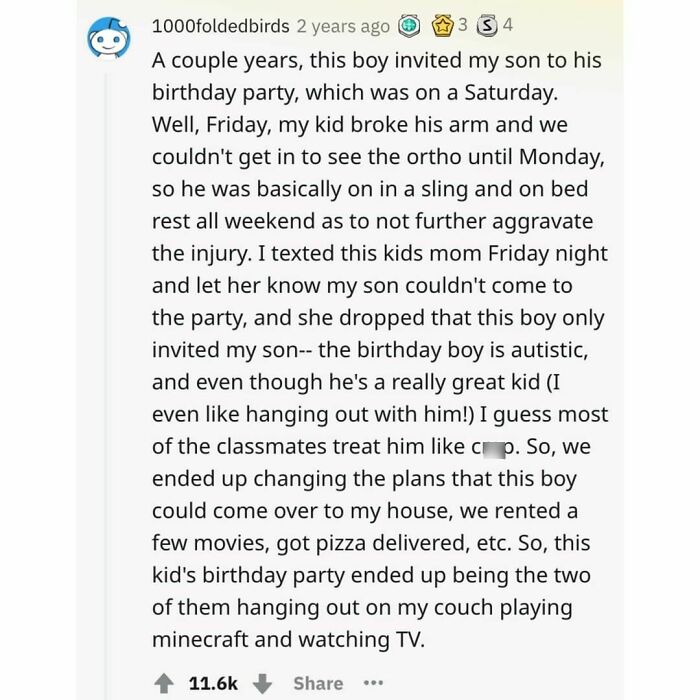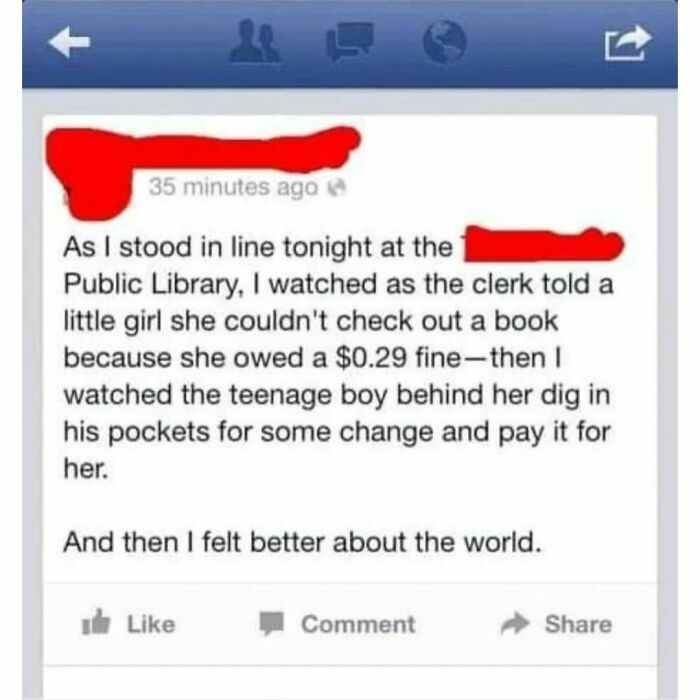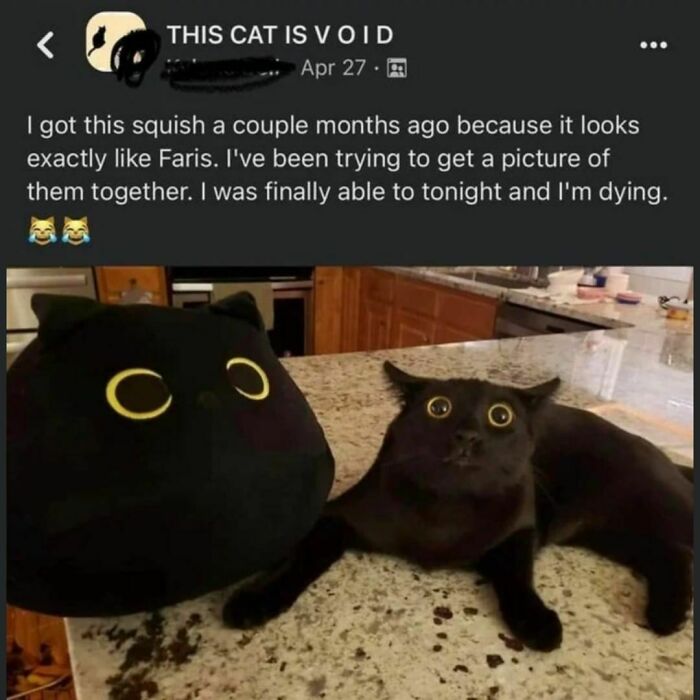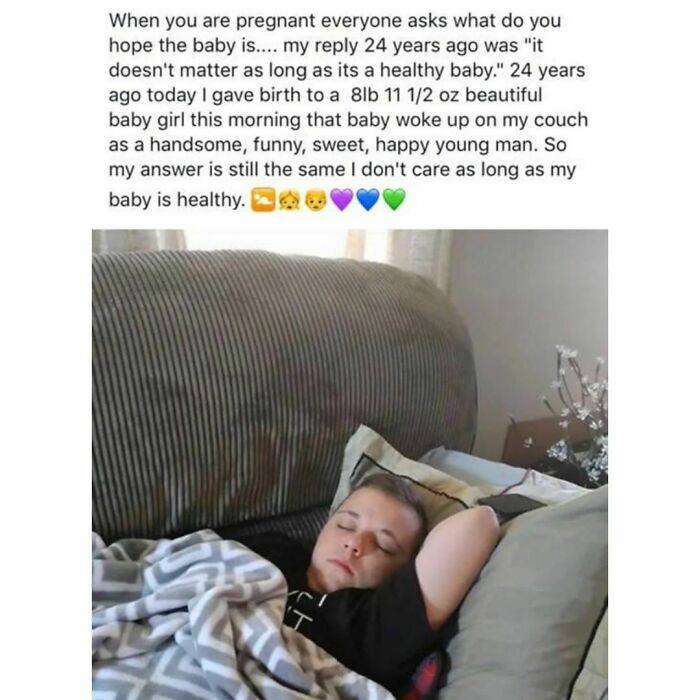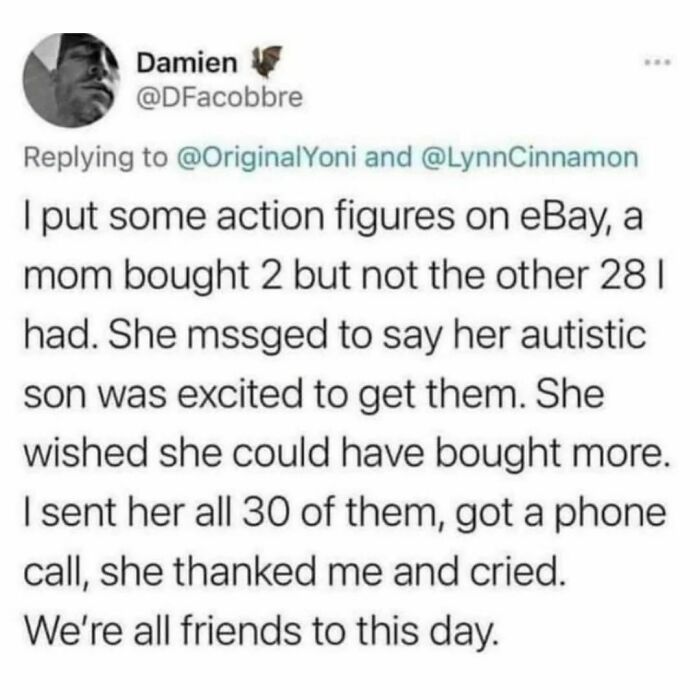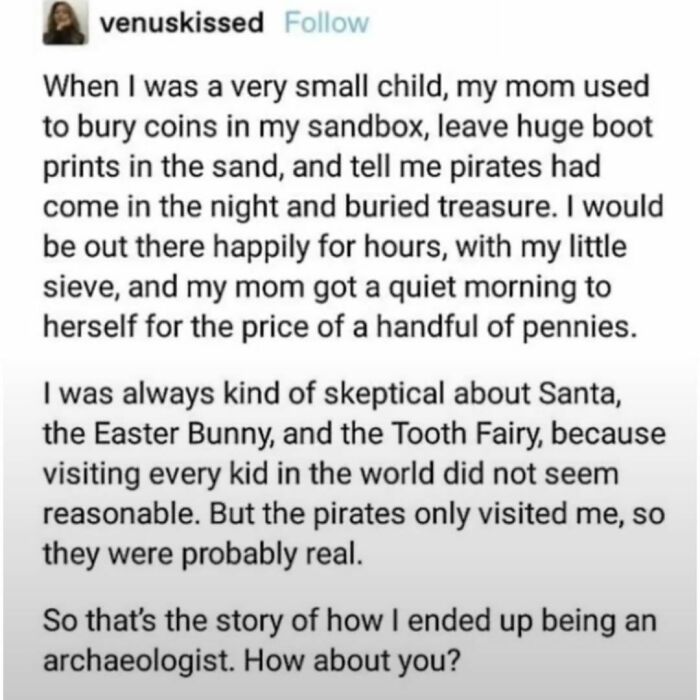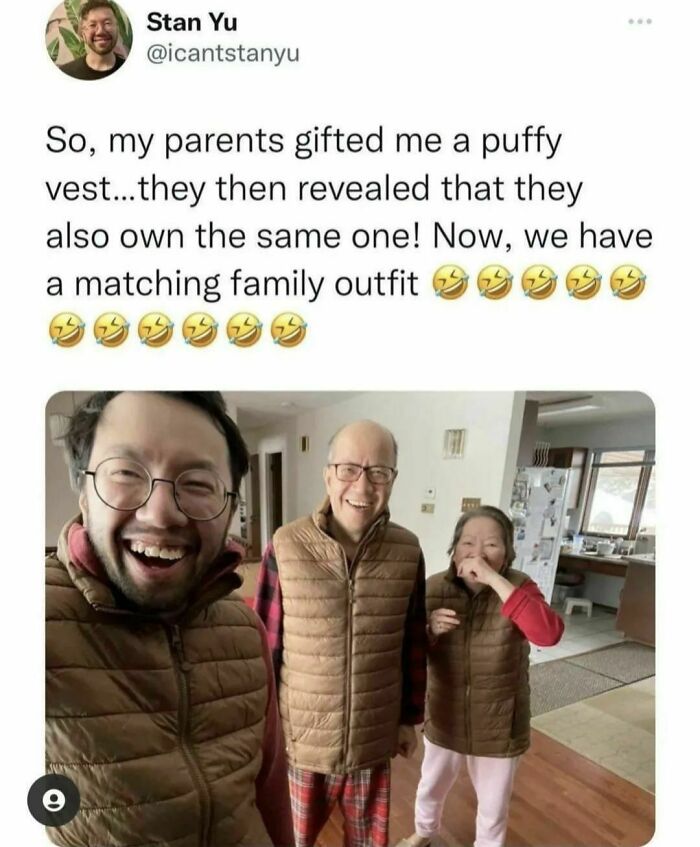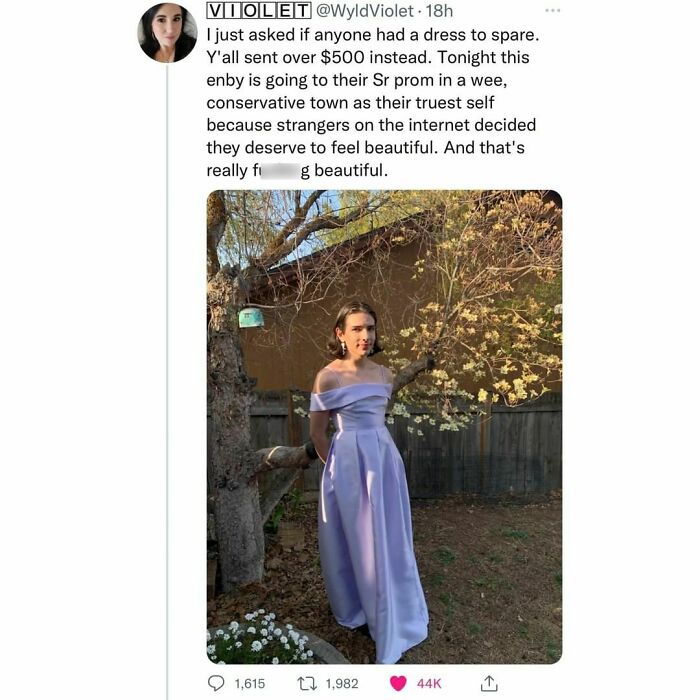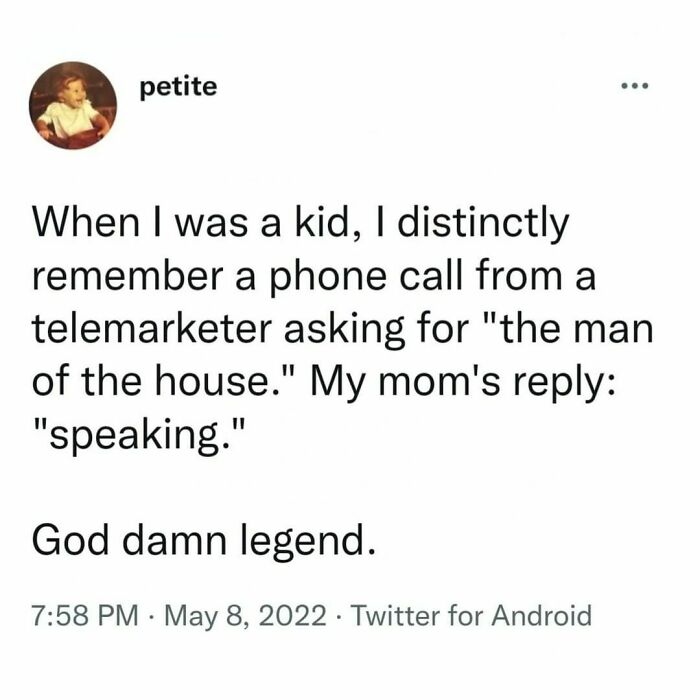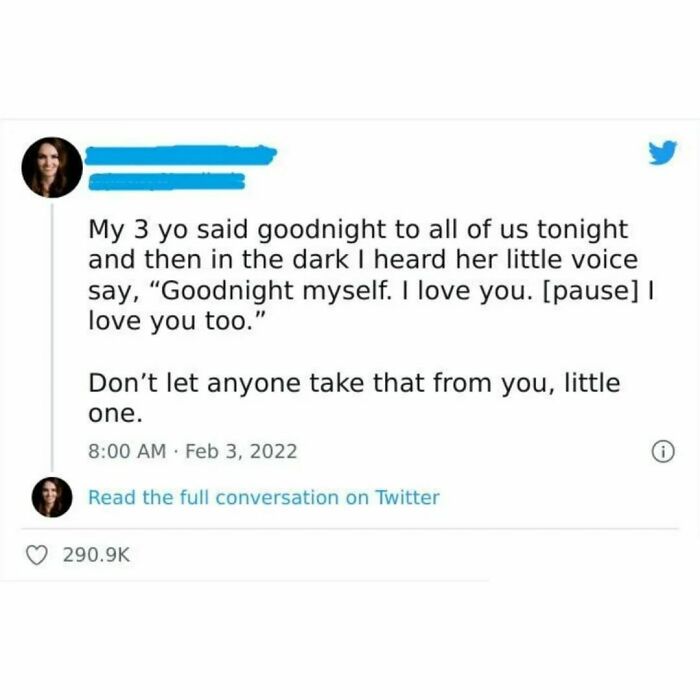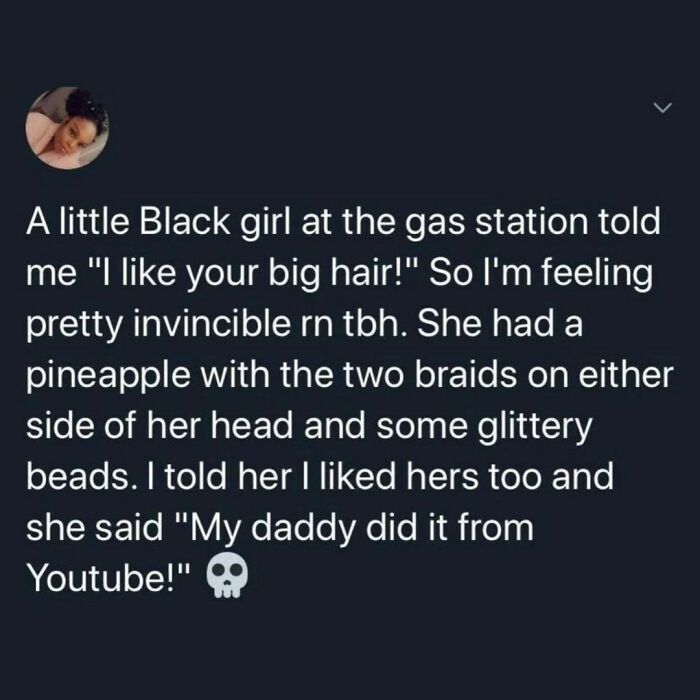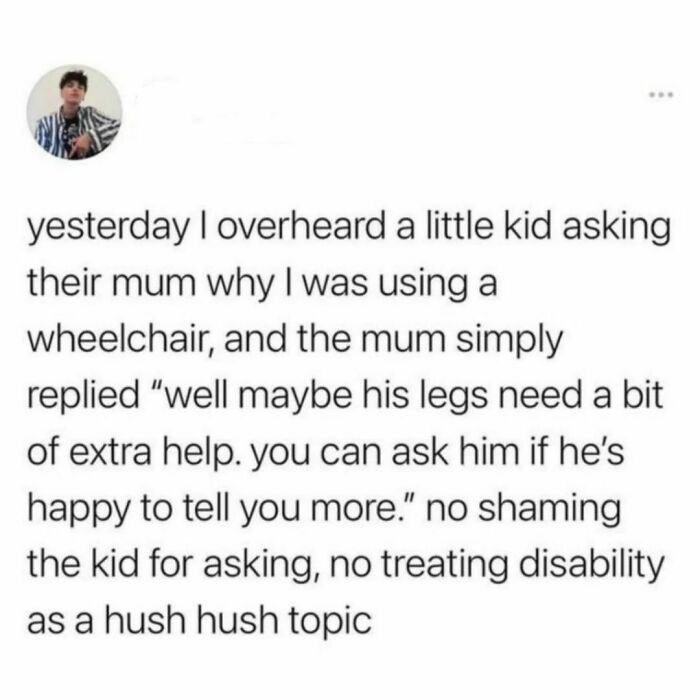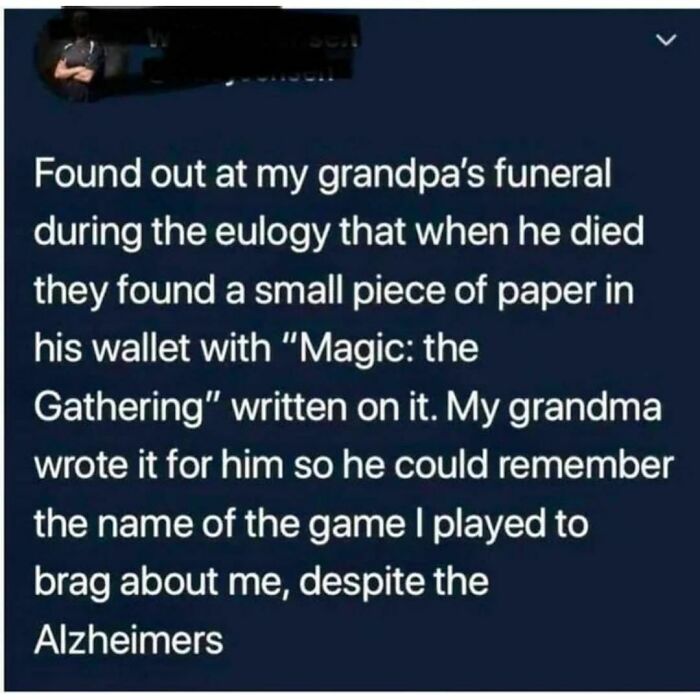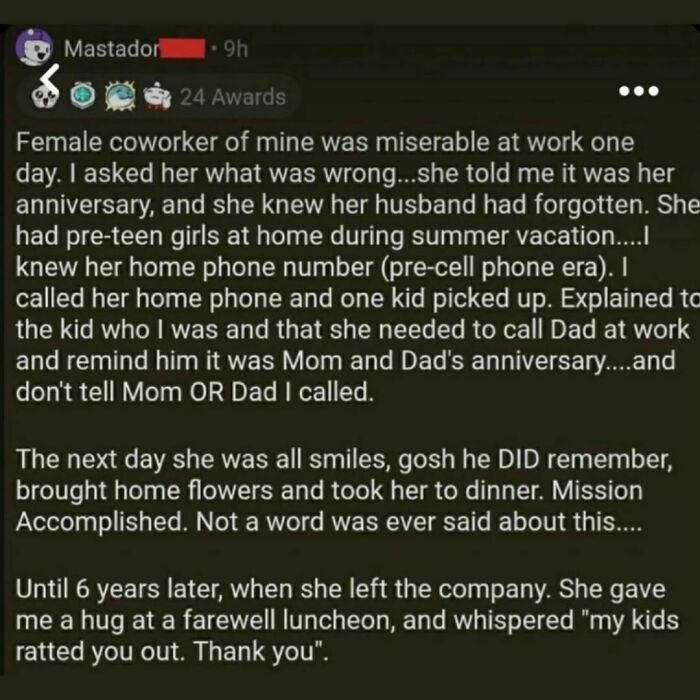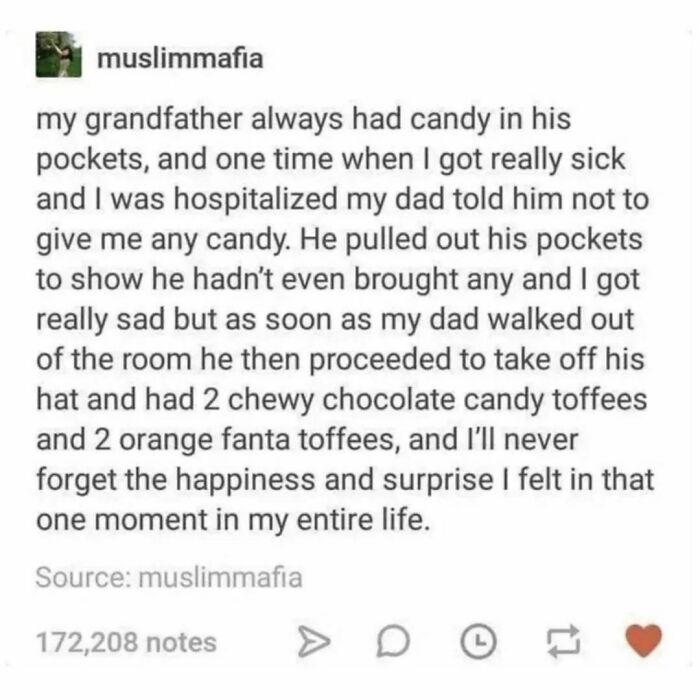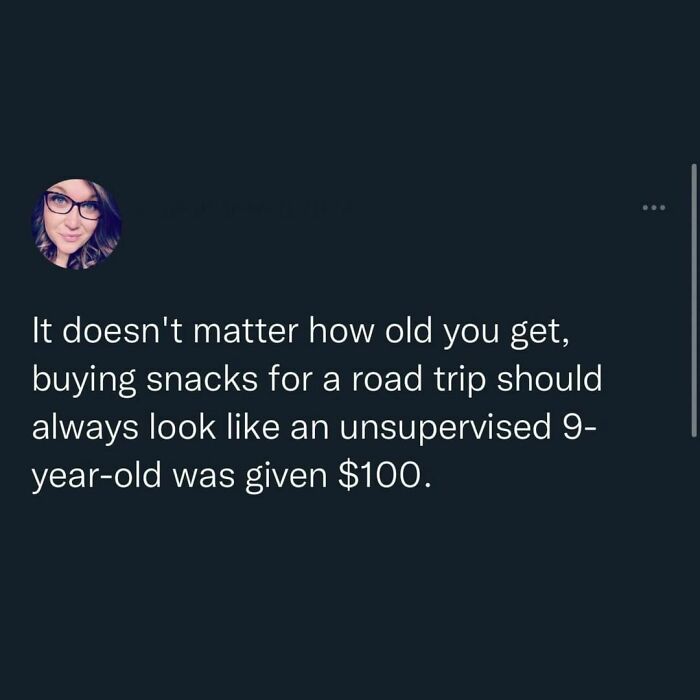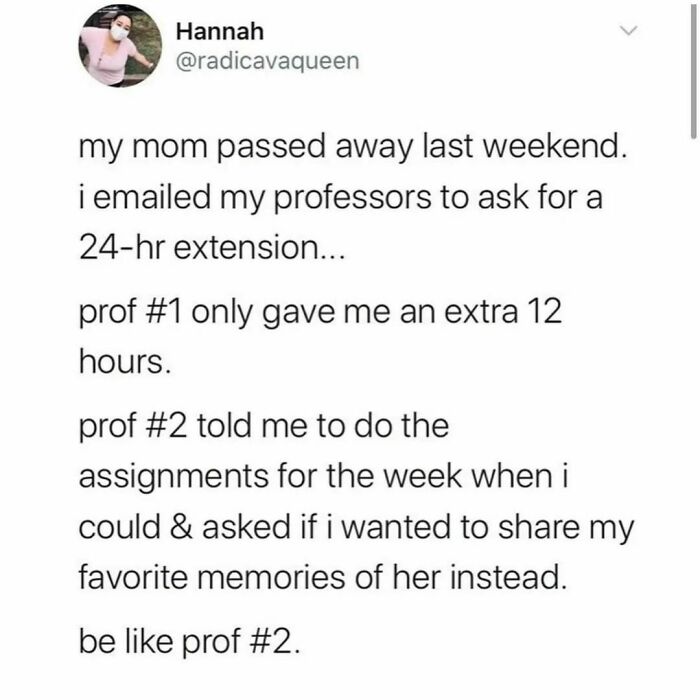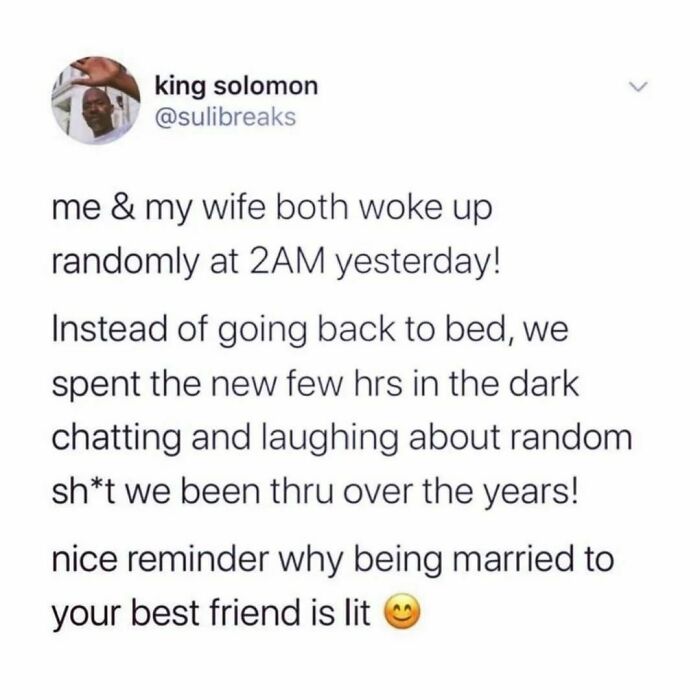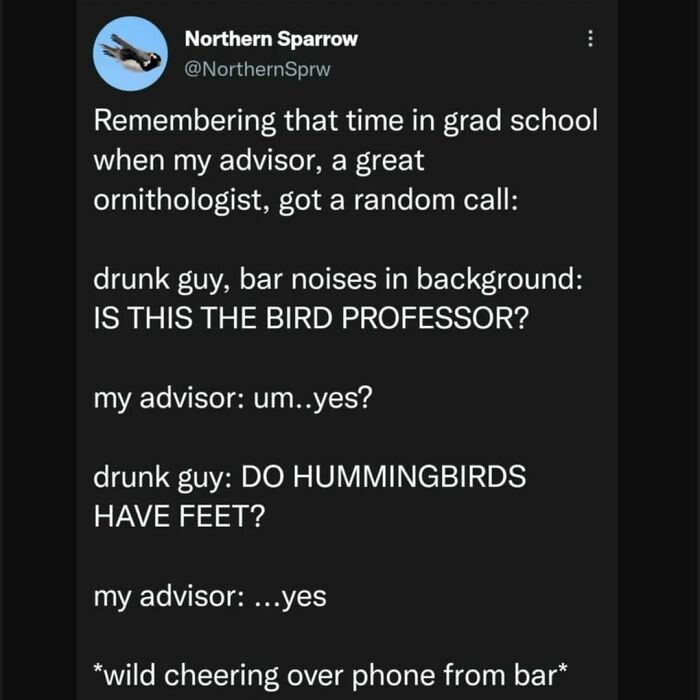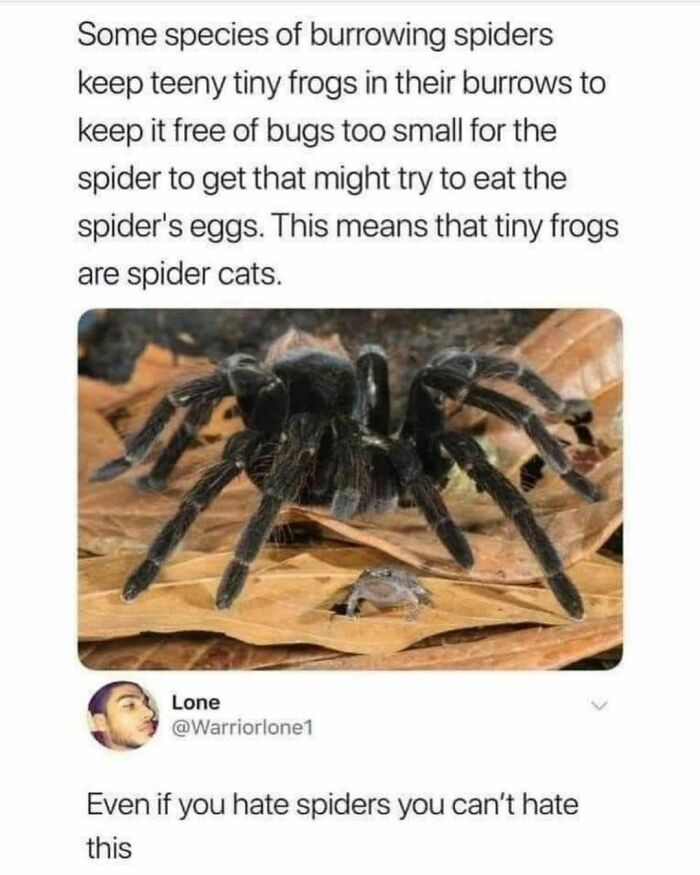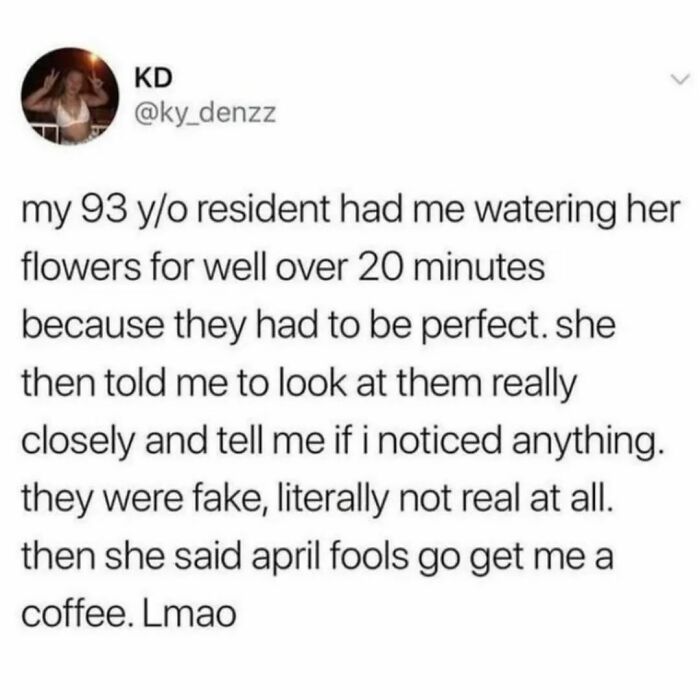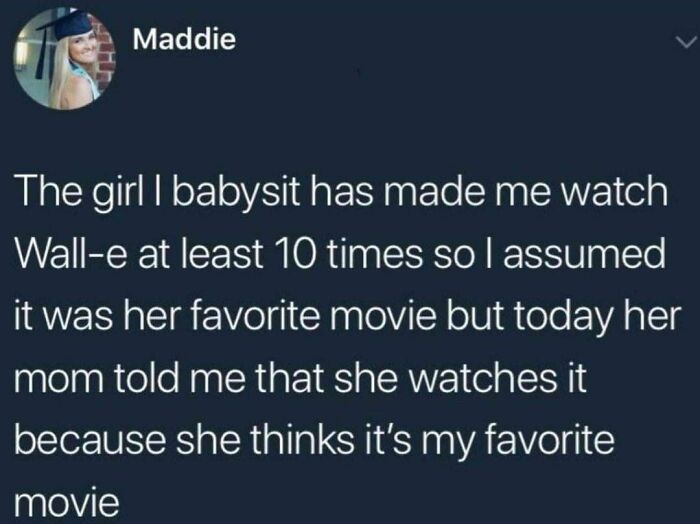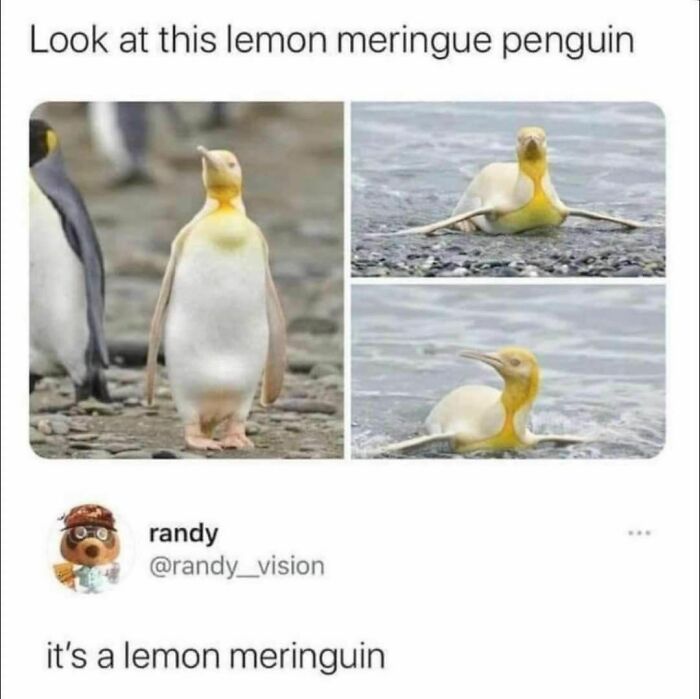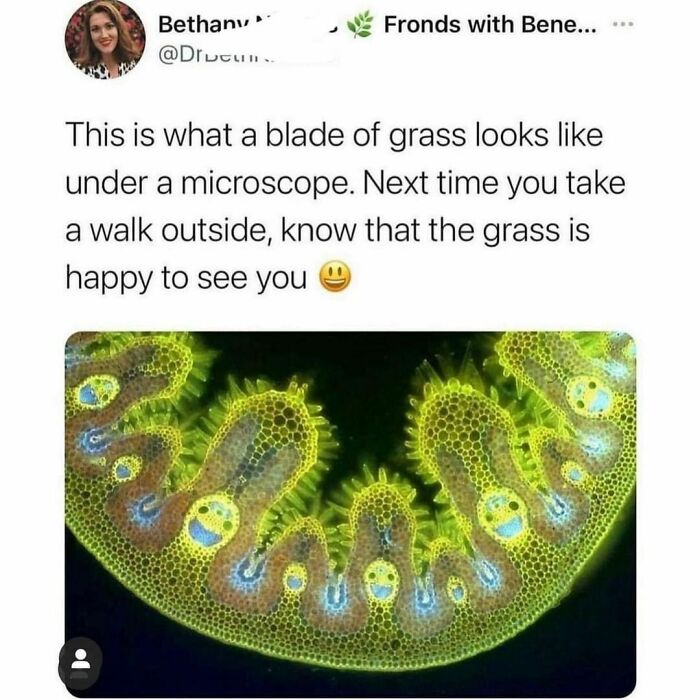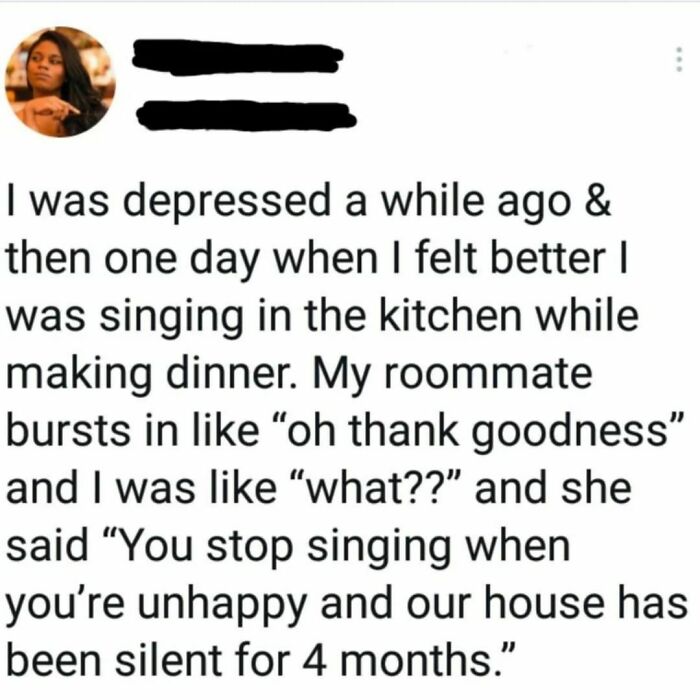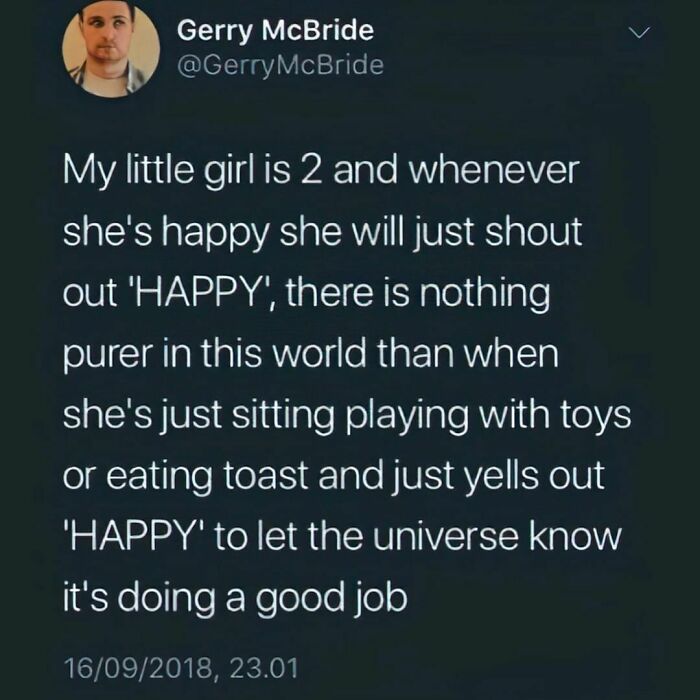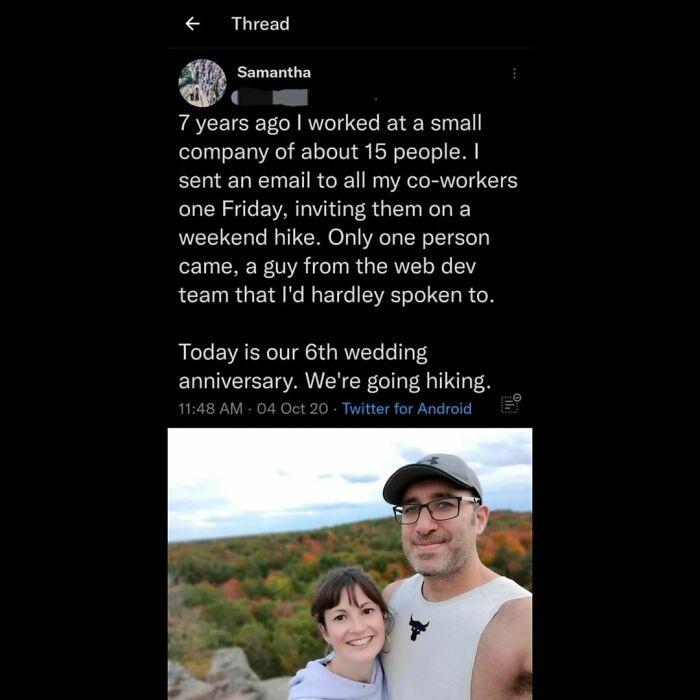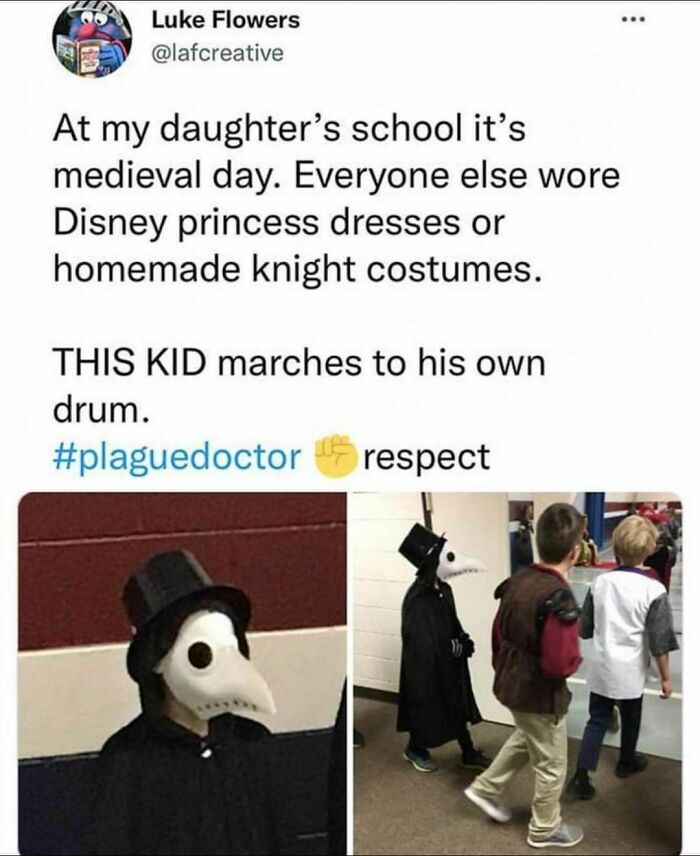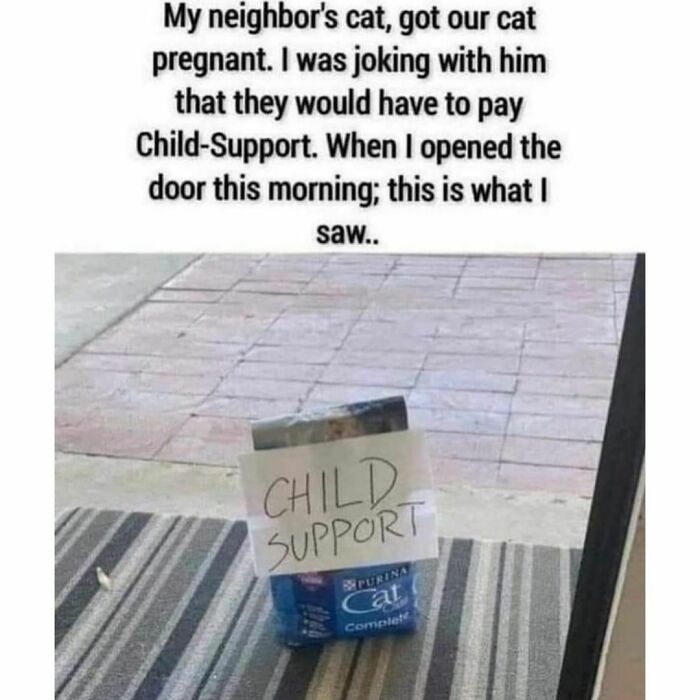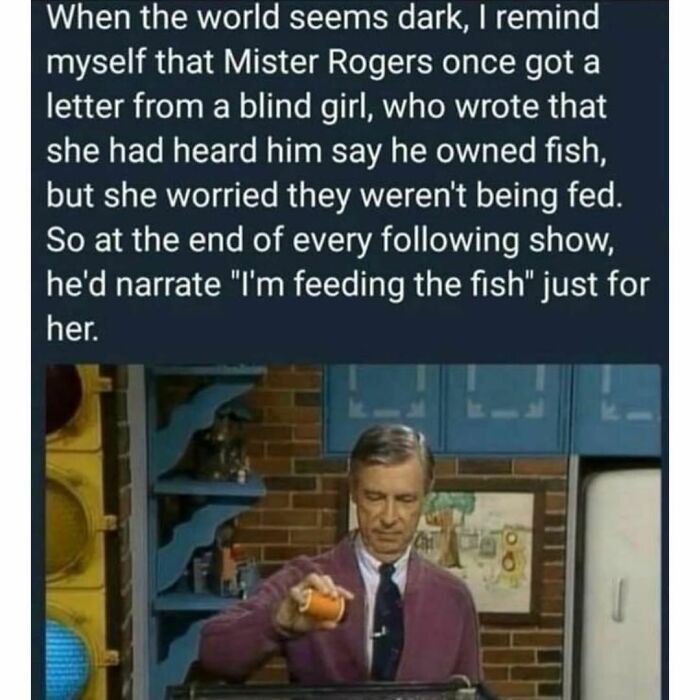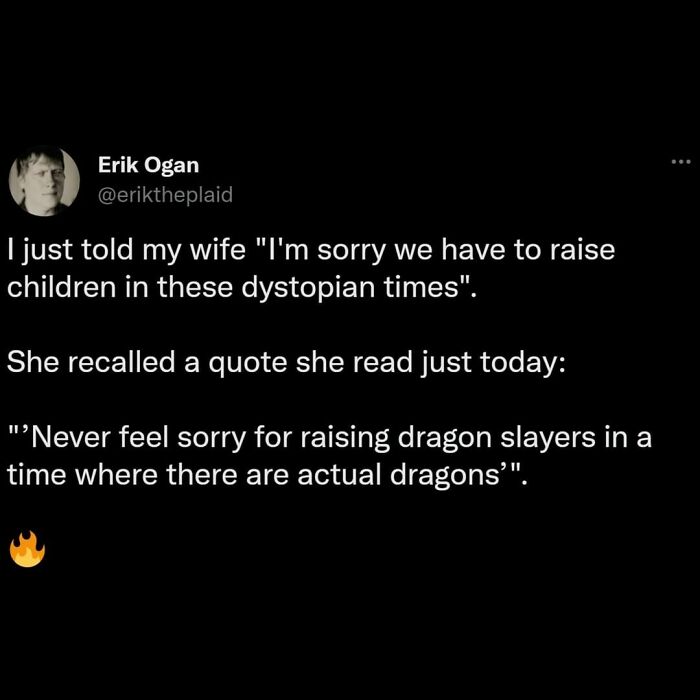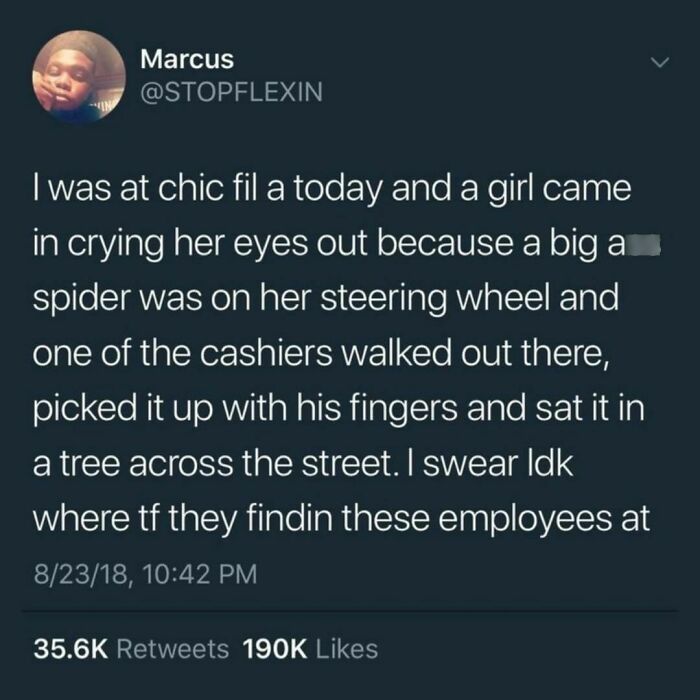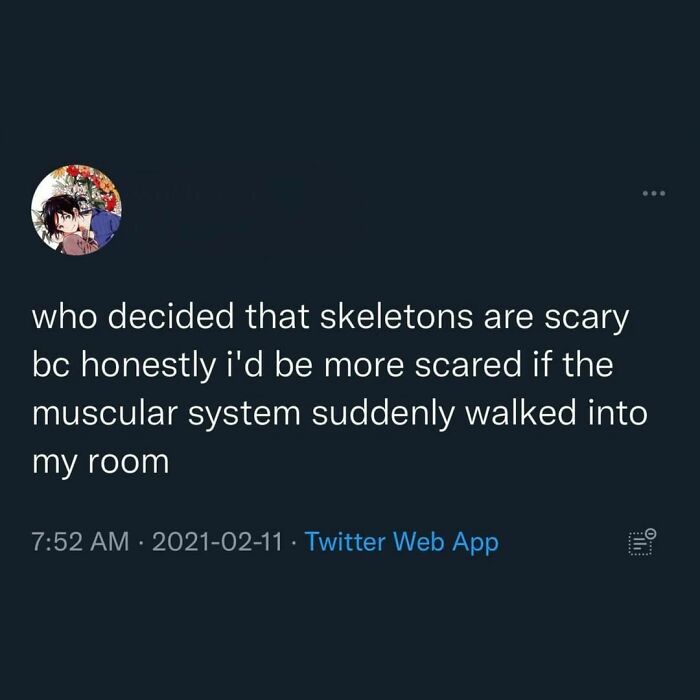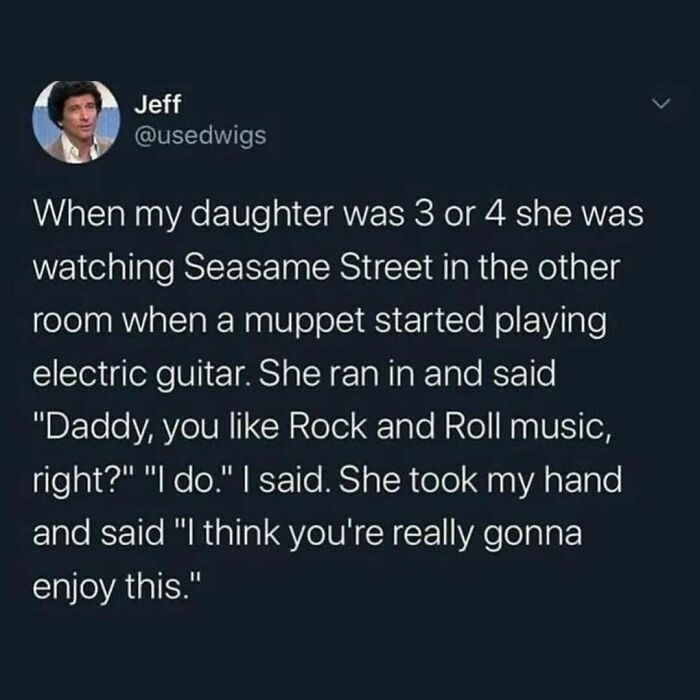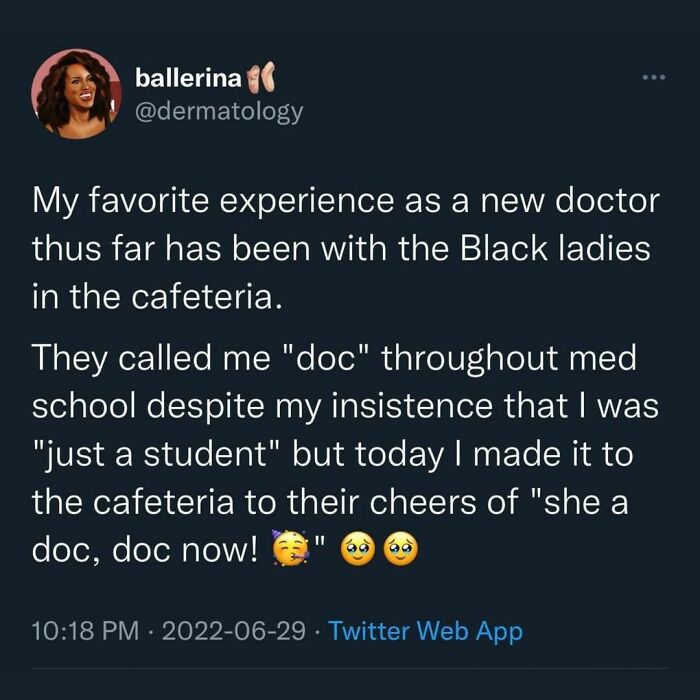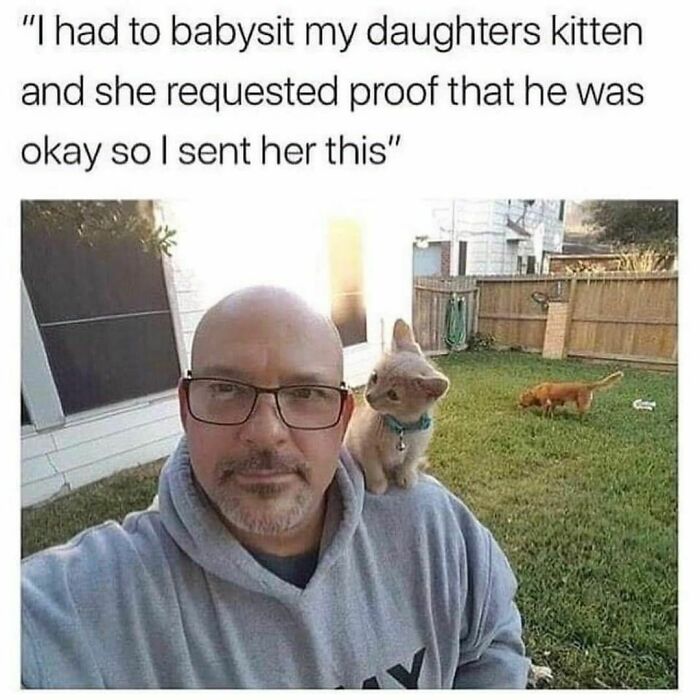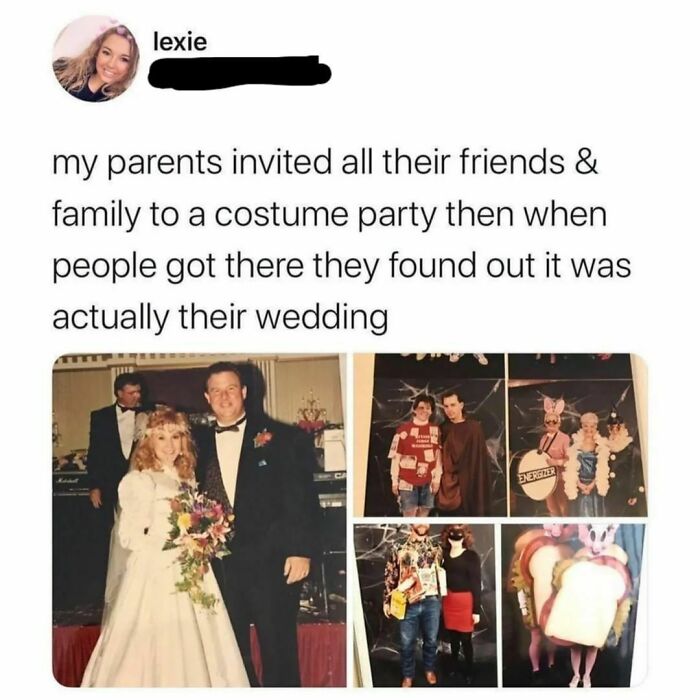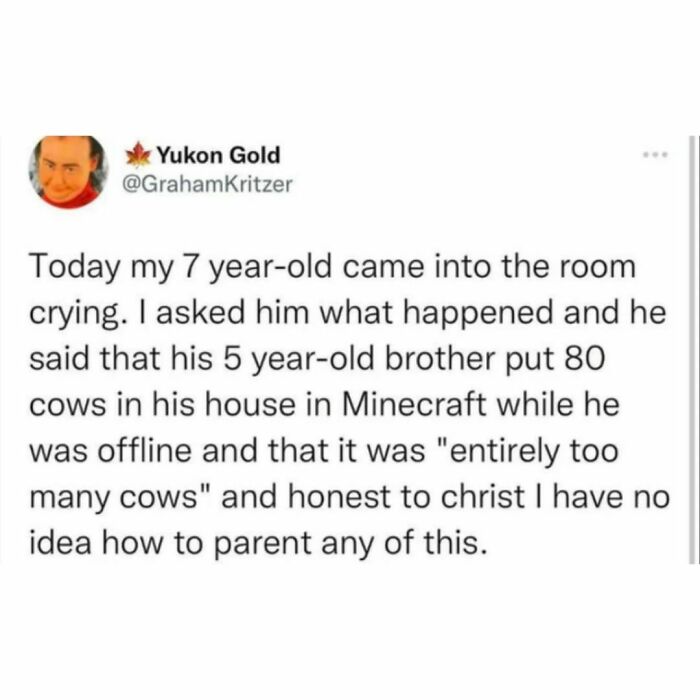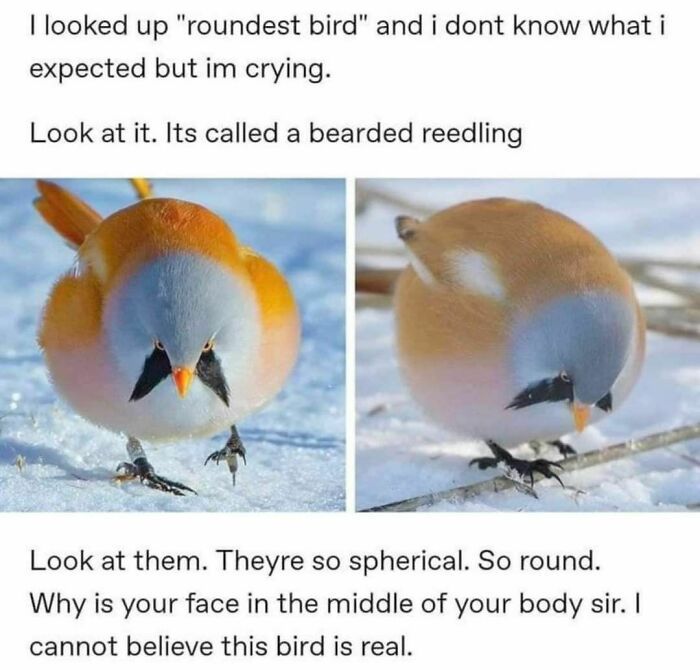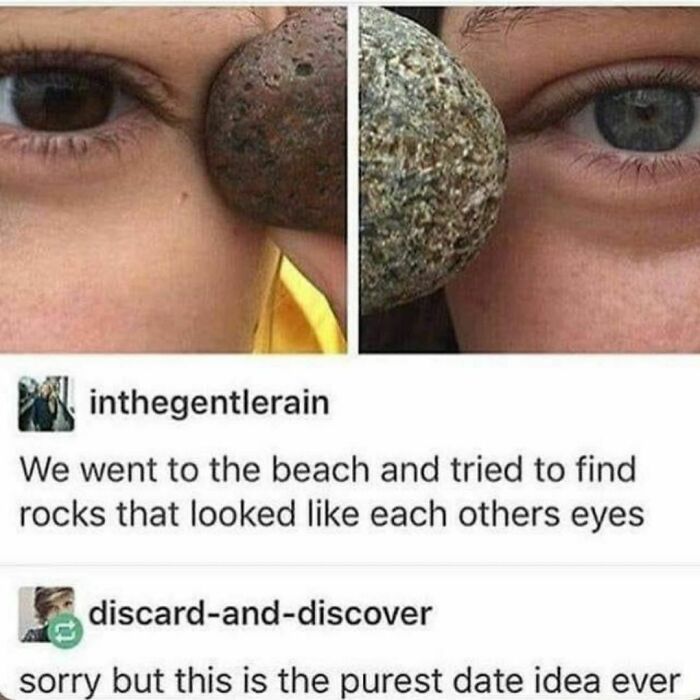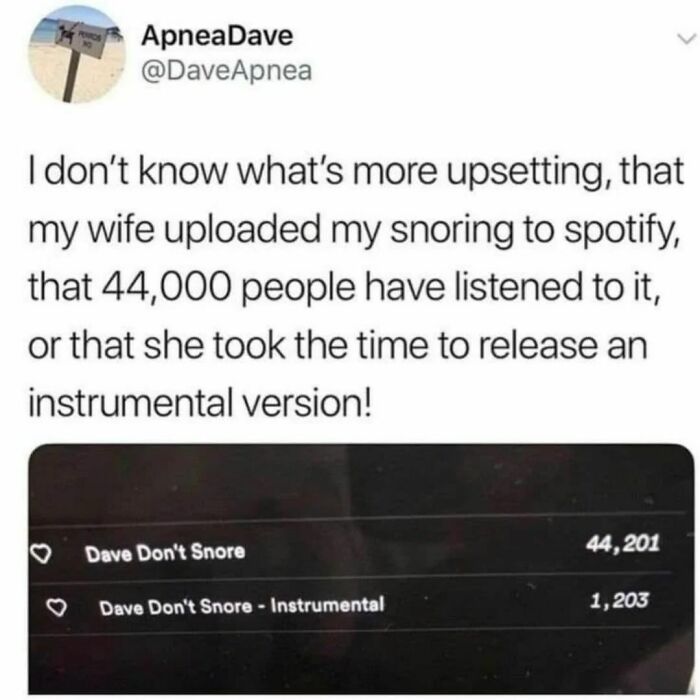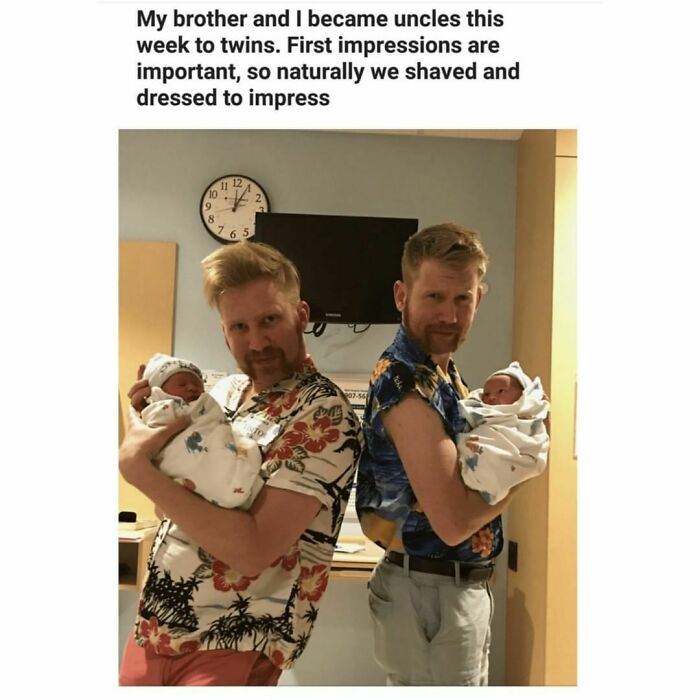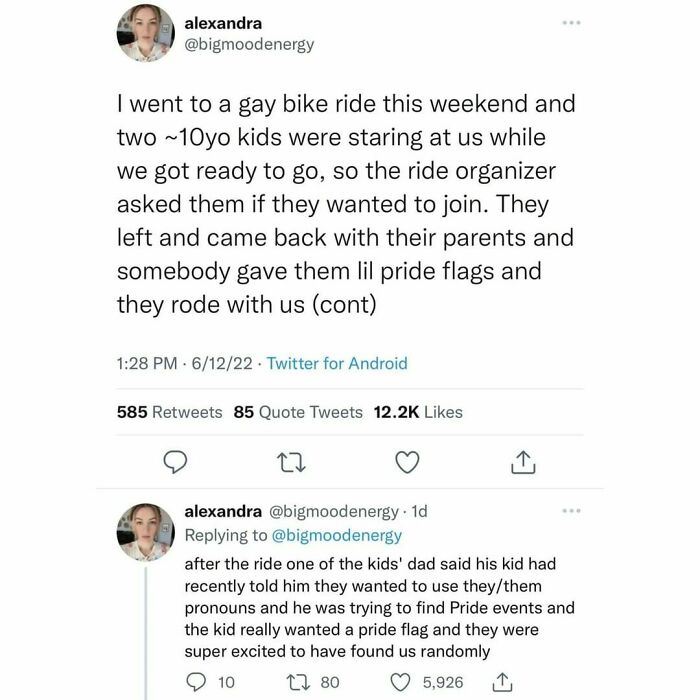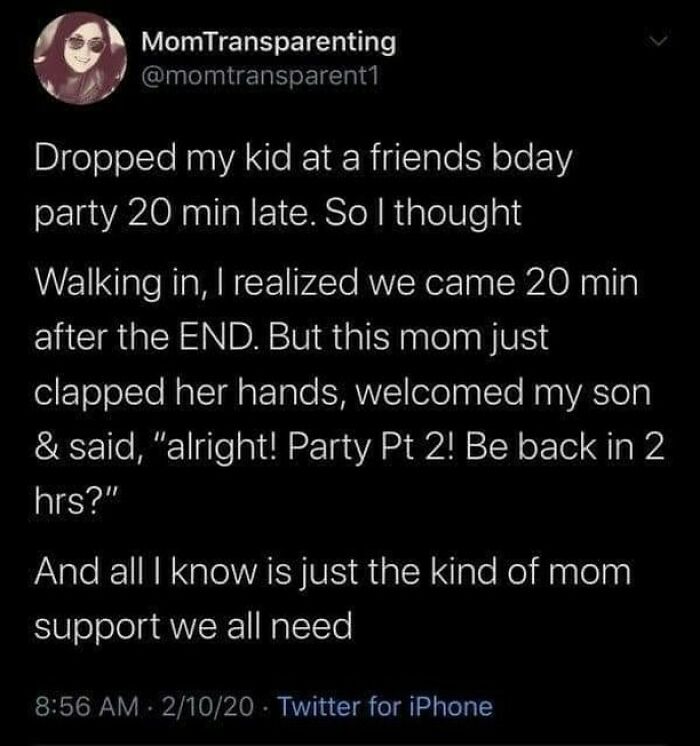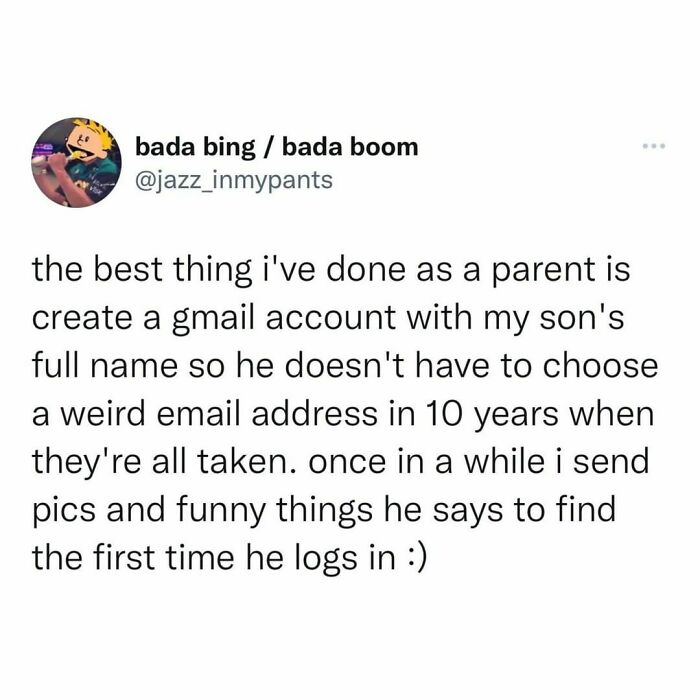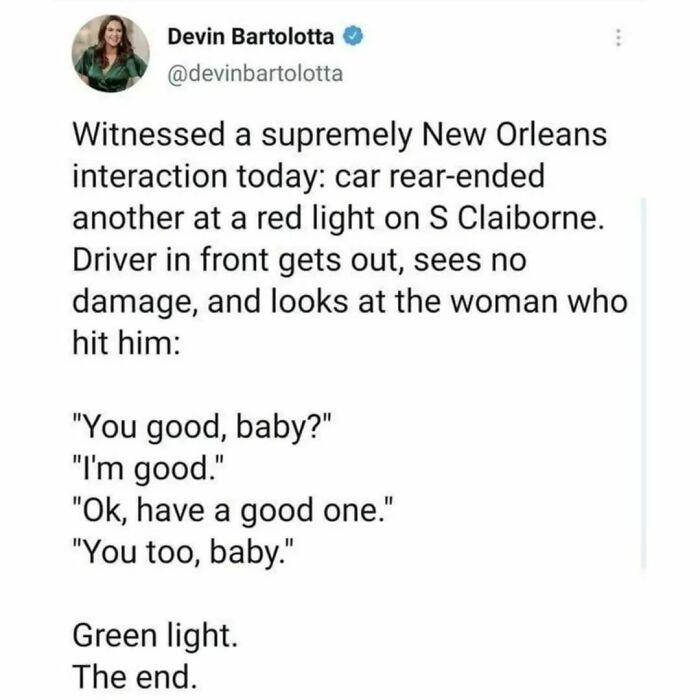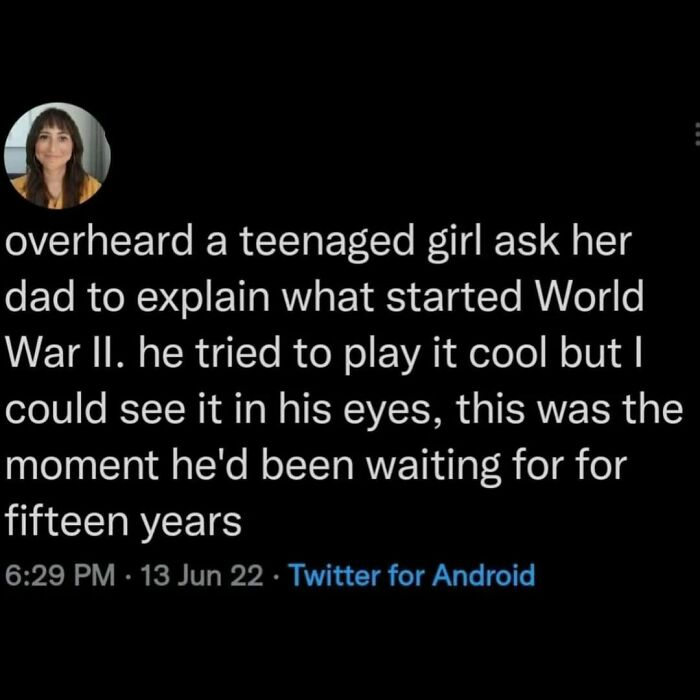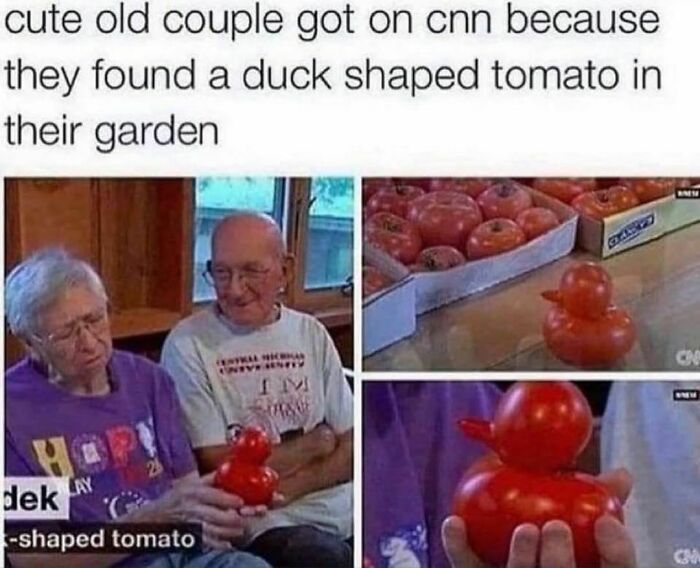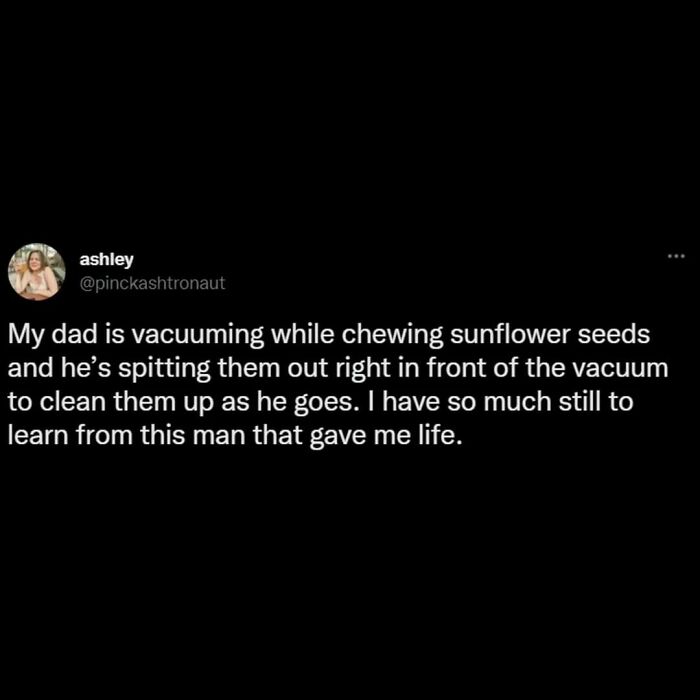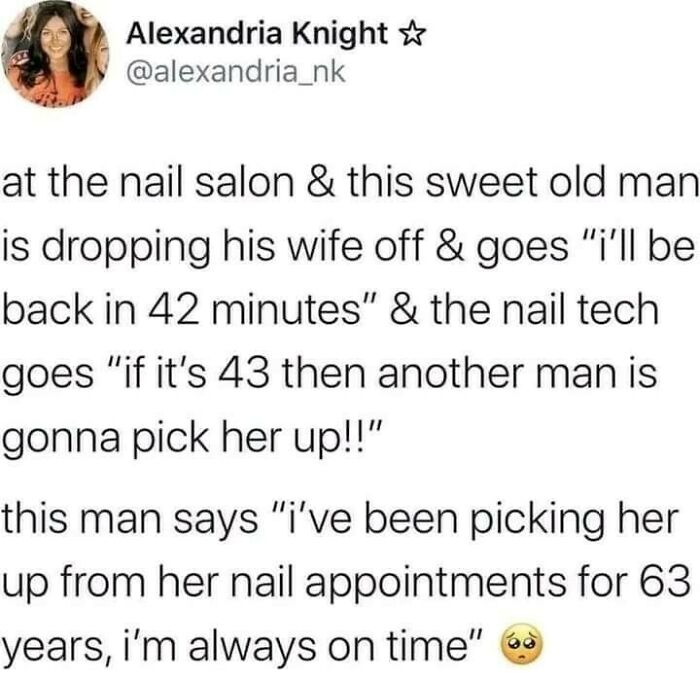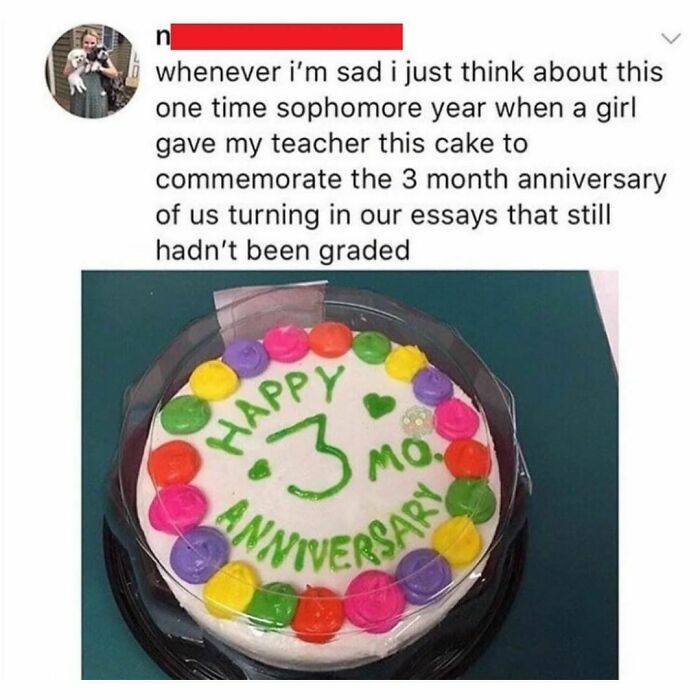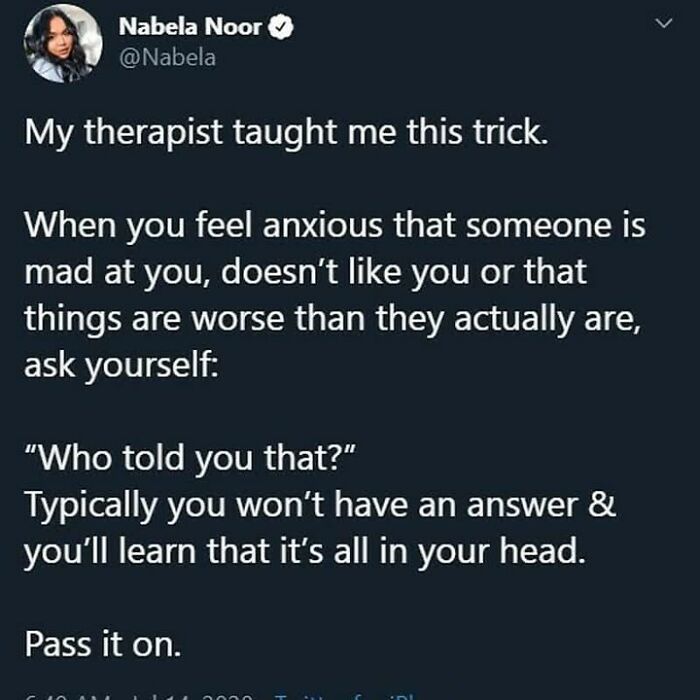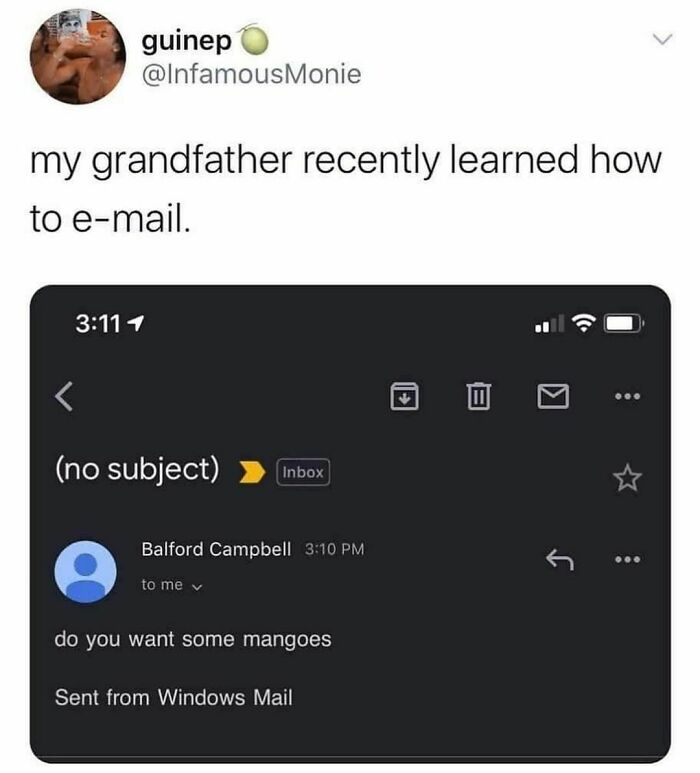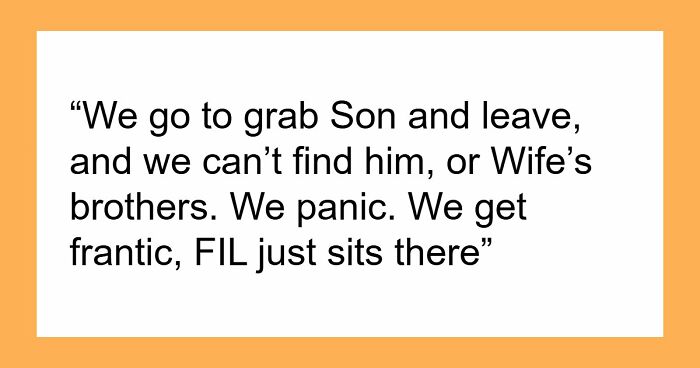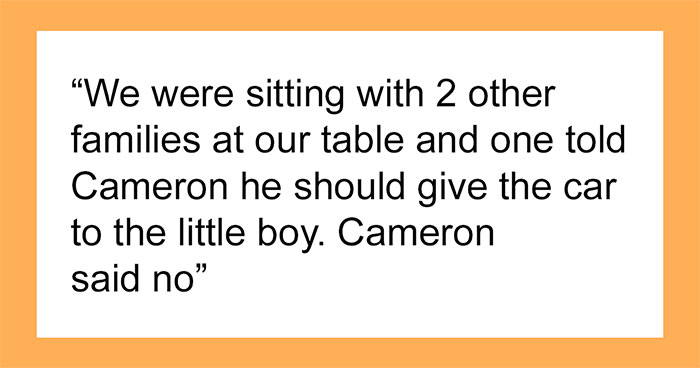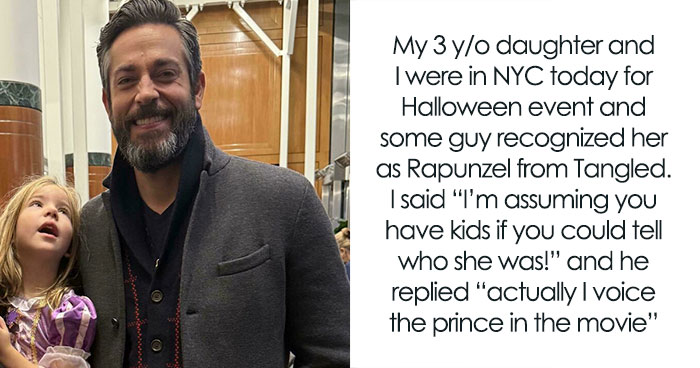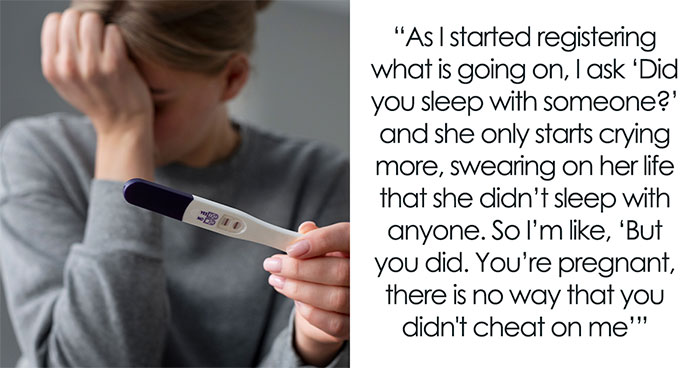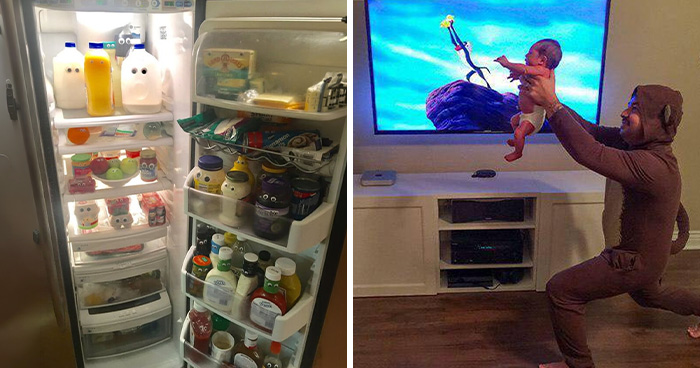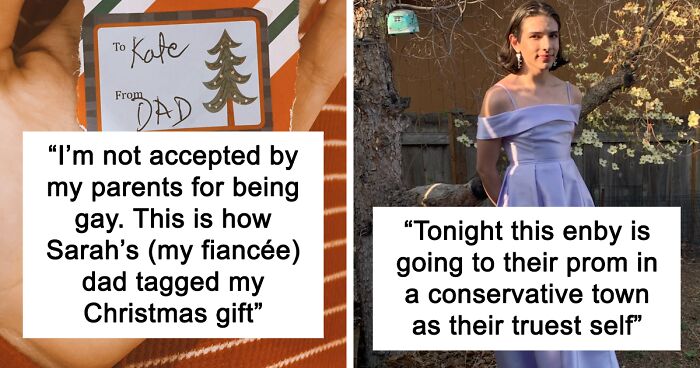
50 Of The Most Heartwarming Posts Shared On The ‘Wholesome Meets The Internet’ Instagram Account (New Pics)
In today’s hyper-connected world, it’s easy to miss the positive things happening around you. The virtually endless amounts of gloomy headlines make it seem like good news gets buried deep underneath. With the craziness of your fast-paced routine, even caring smiles, sincere compliments, and genuine acts of kindness tend to go unnoticed, trapping you in a never-ending cycle of gloom.
But fear not! Today, we'll swiftly balance out the scales by injecting some much-needed cheerfulness into your life. Enter the 'Wholesome Meets The Internet' Instagram page dedicated to soul-soothing and sweet stories people have shared online in hopes of lifting everyone's spirits. A brief scroll through the feed proves that not everything is as terrible as it may seem, making it an incredible platform to visit.
With over 235k followers, it has become a true powerhouse that restores faith in humanity and confirms that a simple kind gesture can make a difference. We have gathered some of the best posts to make your day a little better, so sit back, relax, and feel the positivity flowing. Keep reading to also find our interview about the importance of positive content with Deborah S. Bowen, Ph.D. Upvote pics that made you smile and share your own uplifting stories down below in the comments!
Psst! For more wholesomeness, be sure to check out earlier parts of this feature right here and here.
This post may include affiliate links.
As much as we love the web for its endless supply of knowledge and inspiration, it can get pretty grim over here. Being bombarded with bleak headlines every time we go online can make it seem like there’s no good left in this world. We’re especially running short of positive vibes after a rough week at work, a heated argument with a spouse, or an unfortunate encounter with a rude stranger in our everyday lives.
When the digital world feels full of negativity, social media projects like 'Wholesome Meets The Internet' are here to lift our spirits and boost our belief in kindness, one post at a time. Ever since its first post in July 2019, it has been a purely refreshing platform to visit. It allows us to take some optimistic energy and put it into our own hands by devouring heartwarming stories and sweet pictures shared on the page.
Wow, parents are wonderful. I'm physically disabled in a wheelchair and 34 but my parents still do so much for me that even if I say I'm fine, they do it anyway because they're my parents. When I was at uni, I had a massive flare and spent a year pretty much in bed. My mum is a teacher and helped me stay on track to not miss out and fall back.
To gain more insight on how positive and negative news impact the readers, we reached out to Deborah S. Bowen, Ph.D., an Assistant Professor of PR Instruction at the University of South Florida. "Most of us are familiar with the phrase, 'if it bleeds, it leads,'" she told Bored Panda. "We have an instinctual drive to seek out the scary, the awful, the unthinkable. True-crime podcasts, streaming shows about real and imagined cases … the list is weird and endless."
"Perhaps we do it because it reminds us that we’re okay; perhaps we have a dark urge that needs to be satisfied. In any case, the internet abounds with negativity, from 'trolls' to snark to the charmingly outdated 'flame wars,' we have no lack of content," Bowen added.
According to her, being on the outside of these stories or fights lights up what’s called our "negativity bias": "A psychological phenomenon recognizing that the human brain responds more vigorously to negative news than to positive news."
It looks like turning a blind eye to the darker side of life is difficult as we humans are hardwired to seek out the gloom. The negativity bias shows our tendency to give more significance to negative thoughts and experiences than positive or neutral ones. We are even inclined to focus on the negative aspects when they are insignificant.
Rick Hanson, Ph.D., psychologist and author of Hardwiring Happiness, stated that humans evolved to be fearful, and it helped keep us alive. "This vulnerability to feeling threatened has effects at many levels, ranging from individuals, couples, and families, to schoolyards, organizations and nations," he explained. To gain back control over how we perceive the world, Hanson stressed the importance of becoming aware of how our brains get so vigilant and wary.
The woodworkers are letting him join? That's a 1st class Dad Joke right there!
"The alarm bell of your brain — the amygdala (you’ve got two of these little almond-shaped regions, one on either side of your head) — uses many of its neurons to look for bad news: it’s primed to go negative in most people," the psychologist wrote. "Once it sounds the alarm, negative events and experiences get quickly stored in memory — in contrast to positive events and experiences, which are not prioritized in the same way."
But while this was a great way to survive and avoid threats in the old days, in the modern world, we don’t actually need to feel afraid or anxious all the time. If we want to lead fulfilling lives, we need to better grasp this tendency and understand that things are usually not as tragic.
That’s why we should make some room for hope in our lives. Since optimism and happiness are contagious, surround yourself with cheerful news that can help you unwind from unfortunate events happening in your life.
"There is no shortage of wholesome content online: adorable children, snuggly pets, recorded marriage proposals," Bowen told us. "But even these sweet contributions can become riddled with negativity." The professor pointed out that even when we instruct others, 'Never read the comments!', we promptly go to the comment section ourselves.
"Positive, feel-good content certainly goes viral (looking at you, Tariq the Corn Kid!), and these viralities certainly take the edge off the bad news surrounding them, but these aren’t usually good deeds or acts of kindness motivated by someone’s goodness," she added. "It would be interesting to track the ways in which positive content inspires more positive content. We might be on to a great online revolution!"
It never even occurred to me that the color of band-aids was supposed to be skin-tone (for white people at least), until I saw this. I jus thought they were beige, because beige? So silly.
Striving to include more happiness into our lives is important, but so is staying rounded and well-informed citizens. Because we may turn a blind eye to the darker side of the world — but that won't make it any brighter. In a bid to gather a broader perspective about the world, it is essential to try to balance out the content we consume.
I feel as if a fine under $1 shouldn't stop someone from checking out a book. Heck, my library has a $10 limit.
"Like most of ours, my social media is a highly curated echo chamber," Bowen said. She deliberately surrounds her online presence with accounts that reflect her values. "But like everyone else, I’ll sneak over to 'the other side' to see what ideological shifts are happening 'over there."
"This is a great approach to understand how others perceive the world around them, but it really only works if you choose to visit legitimate news sites that will offer up potentially controversial content in a journalistic, unbiased way." The professor encourages people in the States to explore US news from external perspectives and other countries. "Generally, these external sources offer content that isn’t tailored to one political 'base' or the other, offering instead a holistic approach to the bigger stories of the day."
Still. your social network may affect your mental health and well-being, especially if you have a tendency to doomscroll. As Associate Professor Bowen stated, a new addiction is rising — addiction to social media and its inherent stressors. "Studies demonstrate that even though and even when people experience stress when using these platforms, their use doesn’t decrease; in fact, it ratchets up."
In response to these feelings, hunt down all the feel-good stories and adorably cute pictures you can find. "It’s so important to take time off and away from social media, even if that means decreasing little by little over time. Make sure to practice online self-care, and a great start would be to actively seek out some of that wonderful smile-inspiring content that lets us vibe with happiness," Bowen concluded.
My wife and I live in Australia where Christmas is extremely hot. When our daughter was small we would spray canned snow prints around gumboots and scratch skid marks in to the ground where Santa's sleigh had landed. We also left out empty sunblock bottles marked Reindeer approved.
Not sure what a pineapple means here, but it's always nice to see dads doing hair stuff for their daughters!
Secret Santas are the best. Especially when they do not need any credit for their deeds.
Sounds like me and my husband! Best friends became romance and now we're almost a year into marriage! Known him for 5 years, still learn something new each day. We have conversations that last hours like the poster and they span all sorts of topics.
Reminds me of when I was asked to care for two pet rats while their owner - a little girl - was on holiday. She kept fretting about whether they were okay, and when the parents let me know I started sending lots of pictures "here they are having some nice custard!" "now they're cuddled up in the hammock having a little sleep". Next time they family went on holiday, they came to me as their new regular rat-sitter. ^_^
Science says the rounder an animal is, the cuter it is perceived to be. Unless it's purposefully bred/fattened up to ridiculous standards.
This reminds me of a story of a lady who ran a Sunday school for the neighboring kids, with the only purpose of giving the parents some naughty quality time.
This is amazing and op’s son is going to really appreciate this one day
THIS @boredpanda. More of THIS. Enough with "Millenials suck" and "Boomers suck" and "Parenting sucks" and "being old sucks." We get it. Do more nice stuff, for the feels.
I saw most of them before. But it doesn't matter. They make me happy all the time ❤️
THIS @boredpanda. More of THIS. Enough with "Millenials suck" and "Boomers suck" and "Parenting sucks" and "being old sucks." We get it. Do more nice stuff, for the feels.
I saw most of them before. But it doesn't matter. They make me happy all the time ❤️

 Dark Mode
Dark Mode 

 No fees, cancel anytime
No fees, cancel anytime 




